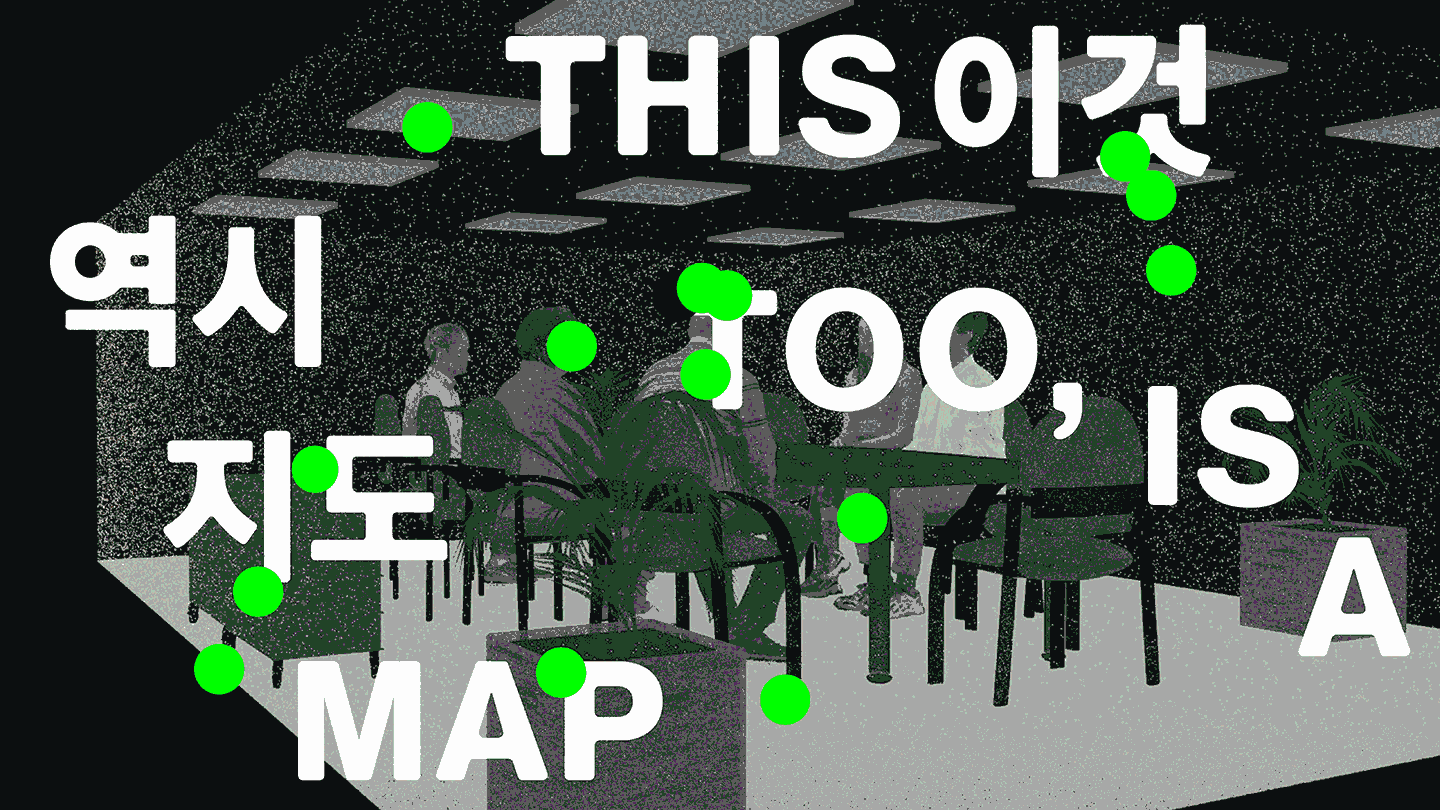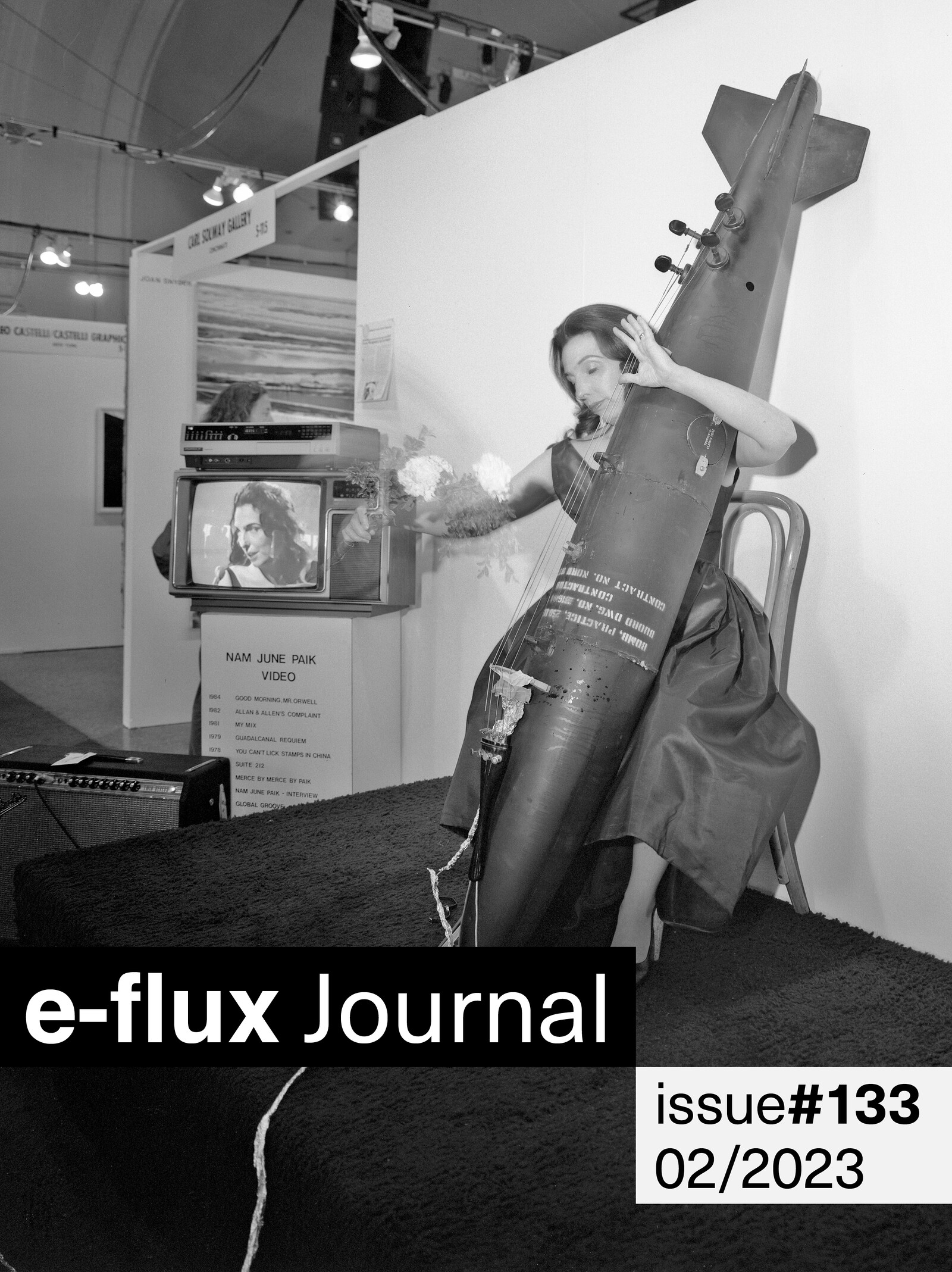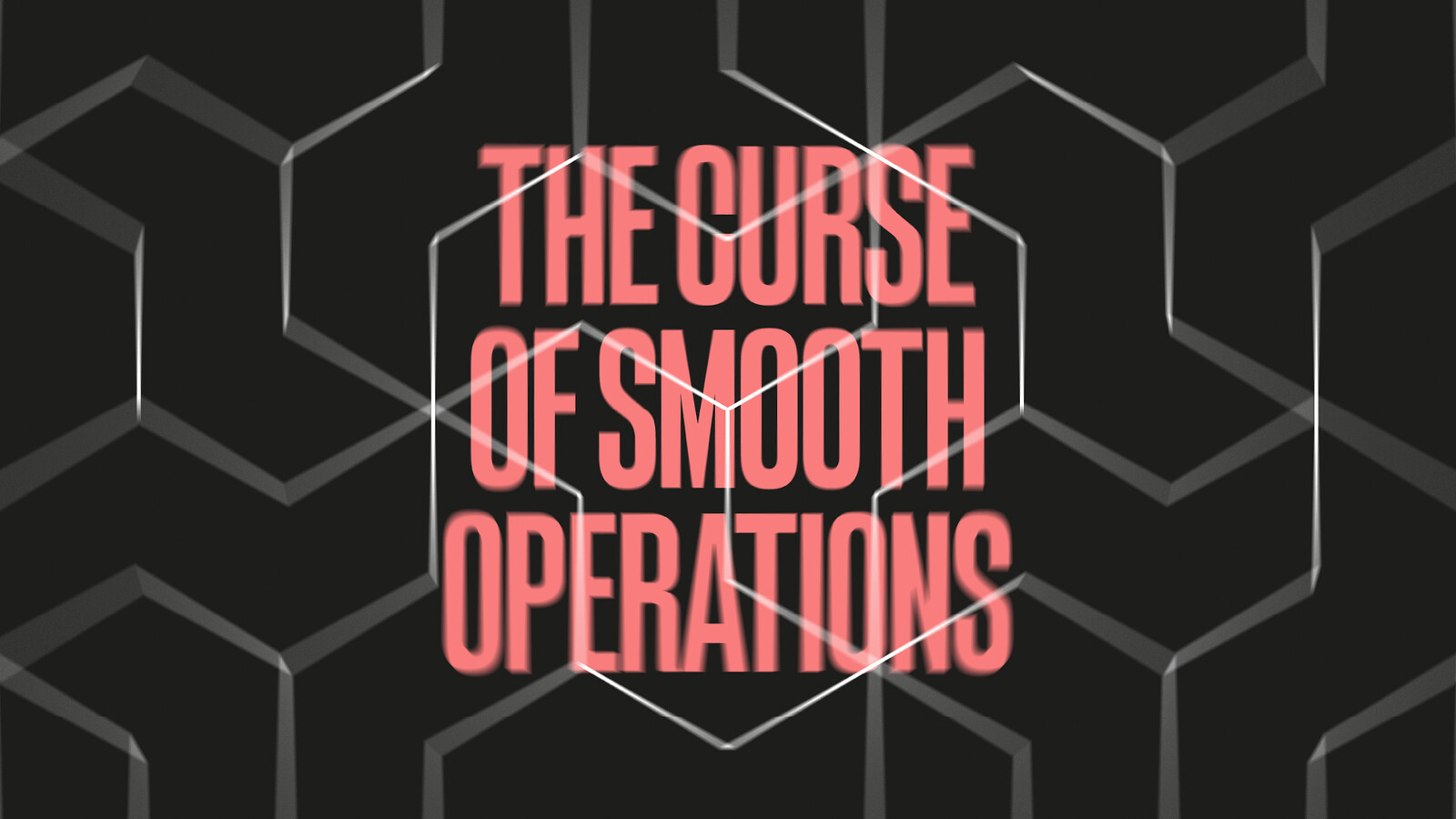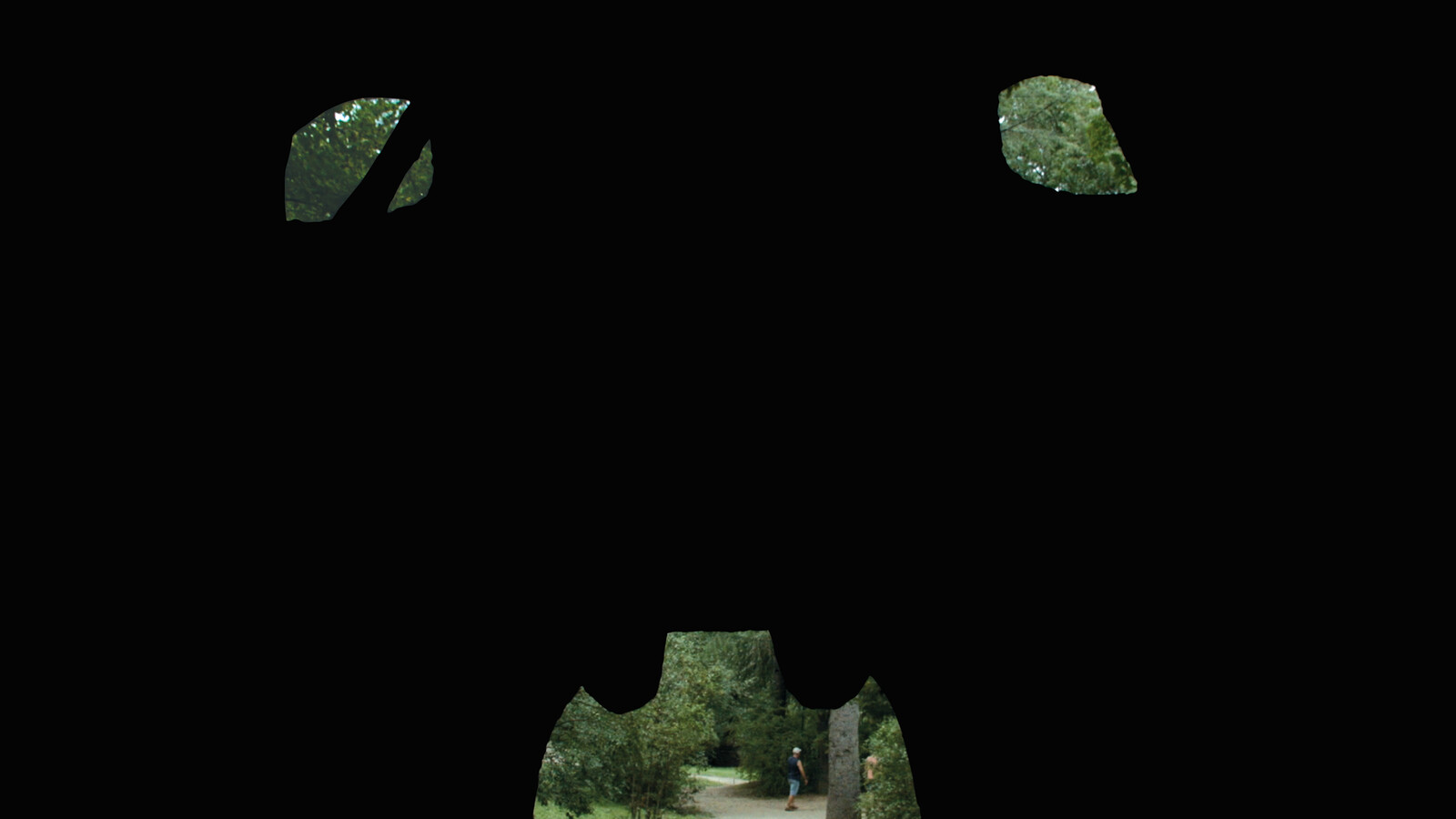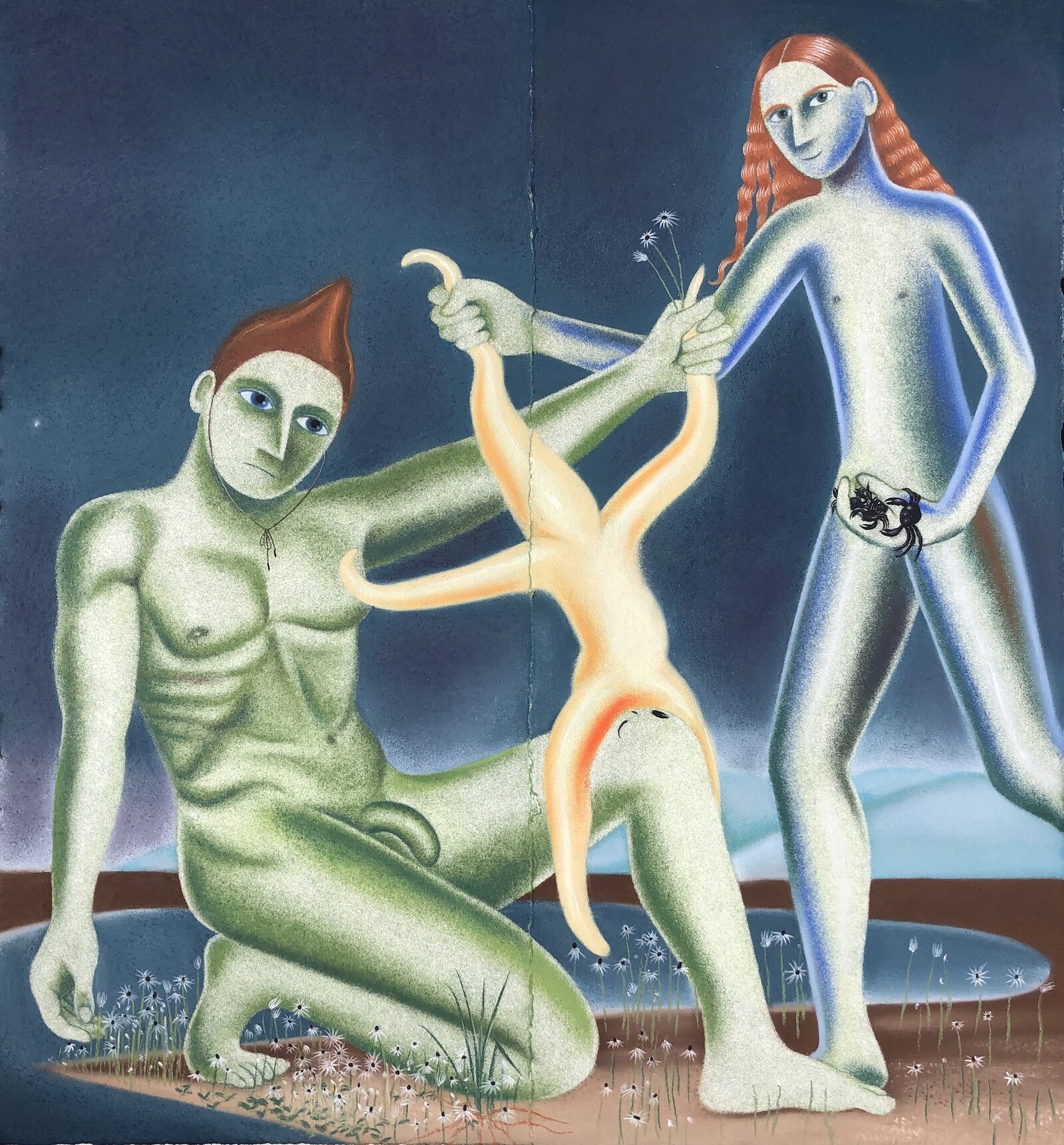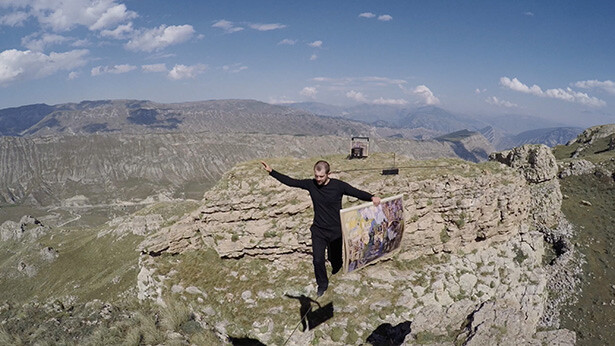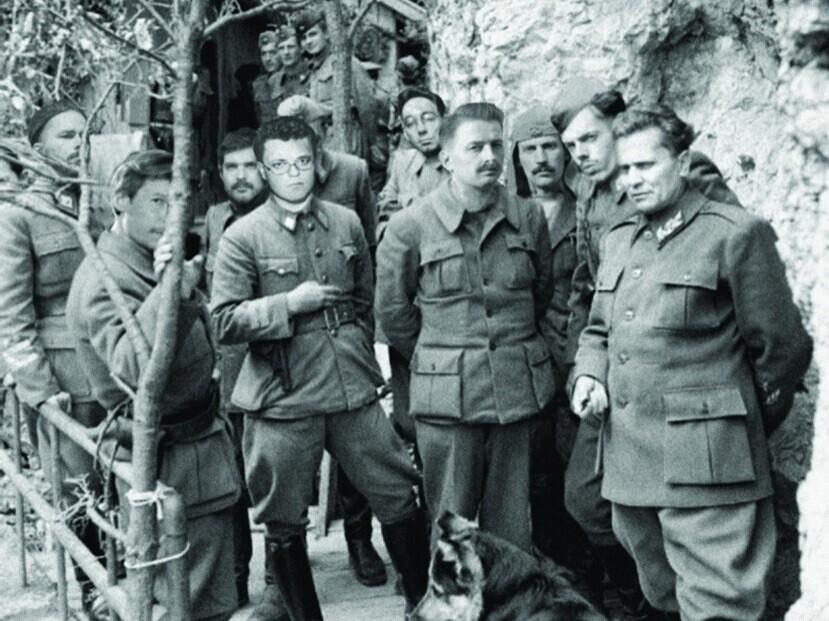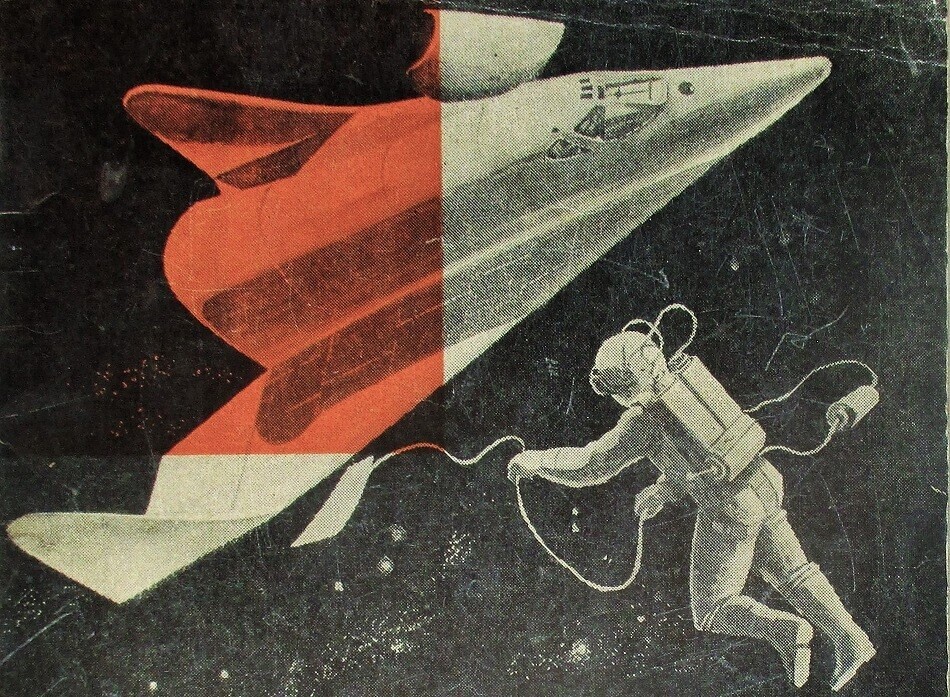Beny Wagner Read Bio Collapse
Beny Wagner is an artist, filmmaker, and writer. His work across media explores the thresholds of the body, knowledge regimes and power, and ways of organizing and perceiving the natural world.
The human stomach was said to be one of God’s greatest inventions, an oven for his earthly chemistry lab. The human ability to understand and manipulate individual chemical elements would always pale in comparison to the alchemy of digestion, which was designed with celestial complexity. In this model, digestion takes on expansive metaphysical dimensions that appear far removed from how we might conceive of digestion today. But digestion theories are fundamental representations of how one conceives of the threshold where the body meets the world. As such, any understanding of how the body digests is always in some way metaphysical, a product of models for how the body is more broadly situated in the world within a given cosmology.
One, two, three, four—and a plant framed in the middle of the shot is ripped out from the ground with its severed roots dangling in midair. The seeming oxymoron of a “taxonomy of monsters” can also be displaced and reencountered in the monstrousness of taxonomies as such; they sever specimens from the fluid integrity of the environments they inhabit, and which inhabit them, in order to monstrare: reveal, show, demonstrate. They cut apart the world, just as surgeons cut into the flesh. And what is more uniquely cinematic than the cut? What aspect of film more monstrous?
Open studios
Alex Alonso
